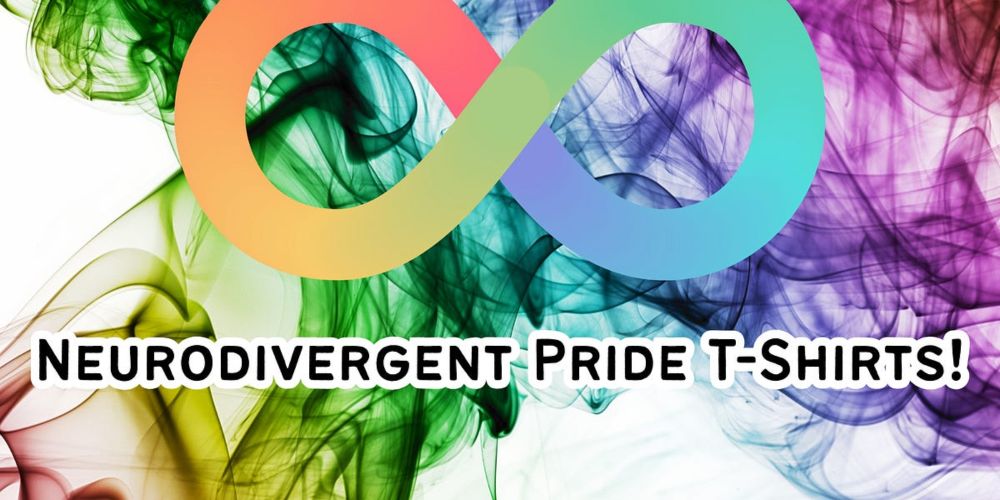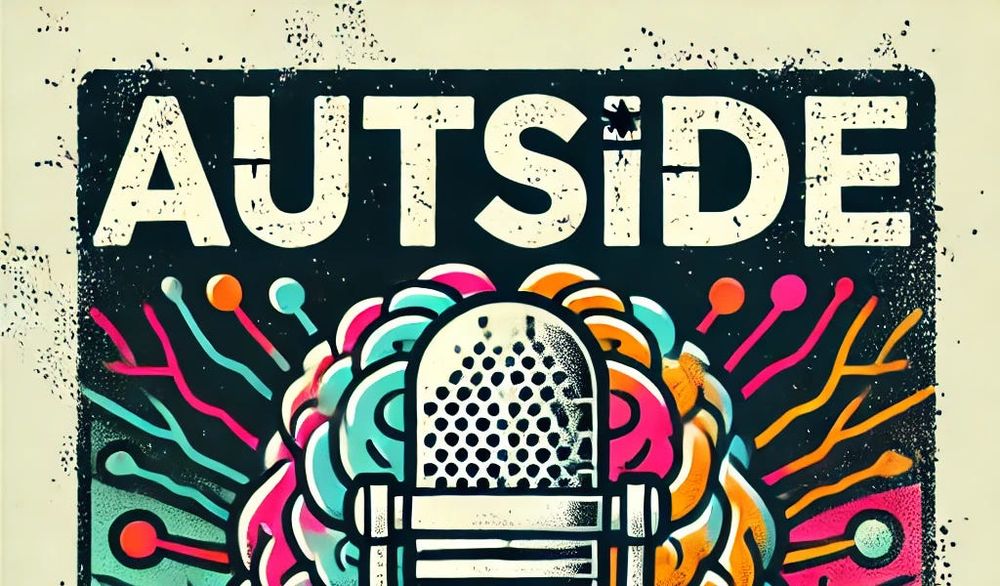Autistic Realms (Helen Edgar)
@autisticrealms.bsky.social
8.7K followers
8K following
2.2K posts
💜 ♾️ AuDHD | Monotropic | Neuro-affirming Autism advocate & consultant.
Interests: monotropism, flow, burnout & neuroqueer theory.
Writer • Trainer • Resource Creator | Former SEND EY/Primary teacher ♾️ 💜
https://www.autisticrealms.com/
Posts
Media
Videos
Starter Packs
Reposted by Autistic Realms (Helen Edgar)
Reposted by Autistic Realms (Helen Edgar)
Reposted by Autistic Realms (Helen Edgar)
Reposted by Autistic Realms (Helen Edgar)
Reposted by Autistic Realms (Helen Edgar)
Reposted by Autistic Realms (Helen Edgar)
Reposted by Autistic Realms (Helen Edgar)
Reposted by Autistic Realms (Helen Edgar)
Reposted by Autistic Realms (Helen Edgar)
Reposted by Autistic Realms (Helen Edgar)
Reposted by Autistic Realms (Helen Edgar)
Reposted by Autistic Realms (Helen Edgar)
Reposted by Autistic Realms (Helen Edgar)
Reposted by Autistic Realms (Helen Edgar)
Reposted by Autistic Realms (Helen Edgar)













